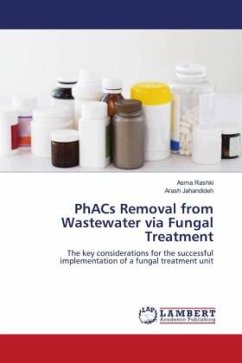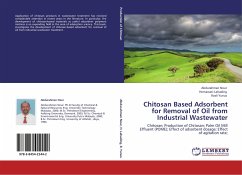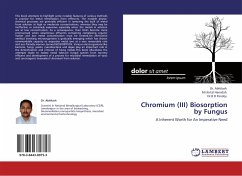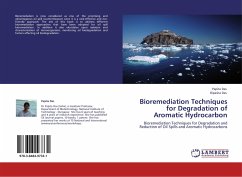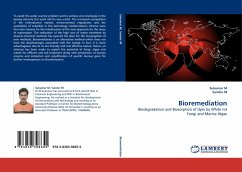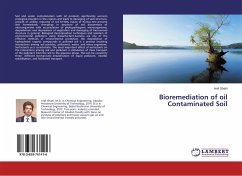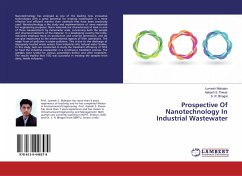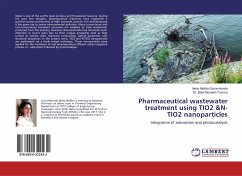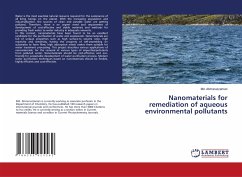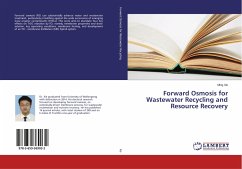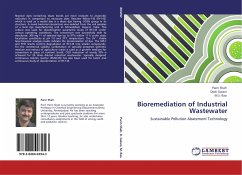
Bioremediation of Industrial Wastewater
Sustainable Pollution Abatement Technology
Versandkostenfrei!
Versandfertig in 6-10 Tagen
39,99 €
inkl. MwSt.

PAYBACK Punkte
20 °P sammeln!
Reactive dyes containing diazo bonds are more resistant to anaerobic reduction in comparison to monoazo dyes. Reactive Yellow-145 (RY-145) which is used as a model dye is a diazo dye having -SO3H group in its structure. A novel bacterial consortium was isolated from the soil samples of a local dye manufacturing unit at Ahmedabad, Gujarat, India. This culture was used for decolorization parametric study of RY-145 under various operating conditions. The consortium was successfully able to decolorize, 300 mg l-1 of selected dye up to 97% within 11 h under static facultative conditions at pH 7.0 a...
Reactive dyes containing diazo bonds are more resistant to anaerobic reduction in comparison to monoazo dyes. Reactive Yellow-145 (RY-145) which is used as a model dye is a diazo dye having -SO3H group in its structure. A novel bacterial consortium was isolated from the soil samples of a local dye manufacturing unit at Ahmedabad, Gujarat, India. This culture was used for decolorization parametric study of RY-145 under various operating conditions. The consortium was successfully able to decolorize, 300 mg l-1 of selected dye up to 97% within 11 h under static facultative conditions at pH 7.0 and 37°C temperature. The UV - Visible Spectroscopic analysis results indicate the decolorization of dye. The HPLC and FTIR results confirm degradation of RY-145 into smaller compounds. For the commercial viability, combination of specially prepared synthetic medium and extract of agriculture waste is used as a growth medium for consortium in place of nutrient broth. COD reduction of nearly 70% is achieved for 20 times diluted industrial wastewater. Specially designed continuous column reactor (PMSCCR) has also been used for batch and continuous study of decolorization of RY-145.



